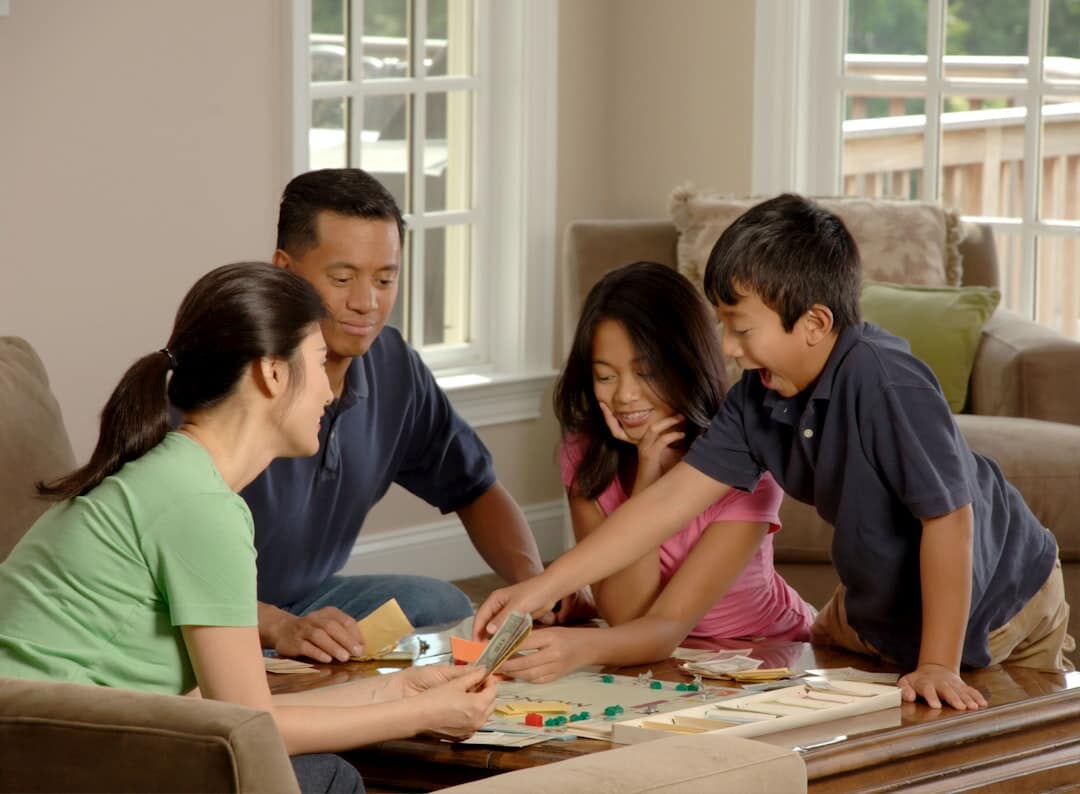Thoughts on STEM From NASA Ambassador David Lockett
David Lockett, STEM teacher and Tynker Blue Ribbon Educator, gets to play in the world of STEM in ways that some of us only dream of: as a NASA Solar System Ambassador. David will be moderating next week’s #Tynkerchat. Here’s a little more about David:
David Lockett is a middle school STEM teacher, whose interest in STEM and astronomy started when he attended Fisk University. As a result of that interest, he founded a non-profit that focused on innovative methods to bring science, technology, engineering and math education to all students. Over the past few years, he attended NASA Socials for the Orion First Flight Launch, the OLYMPEX campaign, and the New Horizons mission. His efforts integrating STEM and astronomy were recognized with a Congressional STEM proclamation. His mission is to provide unique learning opportunities and assist students with developing an understanding our universe. You can reach him on Twitter at @davidjlockett
This week, David connected with us on some STEM topics about coding, space, and beyond:
Being a NASA Solar System Ambassador sounds really cool! Is the path to “working in space” more realistic to students these days? How do we encourage that?
NASA has many engaging new programs that bring the excitement of space exploration to children. Students in all grades can participate in a variety of exciting physical and hands-on activities to encourage students to “train like an astronaut.” From coding projects like “Zero Robotics” to solar eclipse projects, you can enable each child to become our next generation of astronauts, botanists, coders, and engineers.
***
Thanks again David! We’ll look for you on Twitter at @davidjlockett
Join David as he moderates #Tynkerchat for us this Monday.





